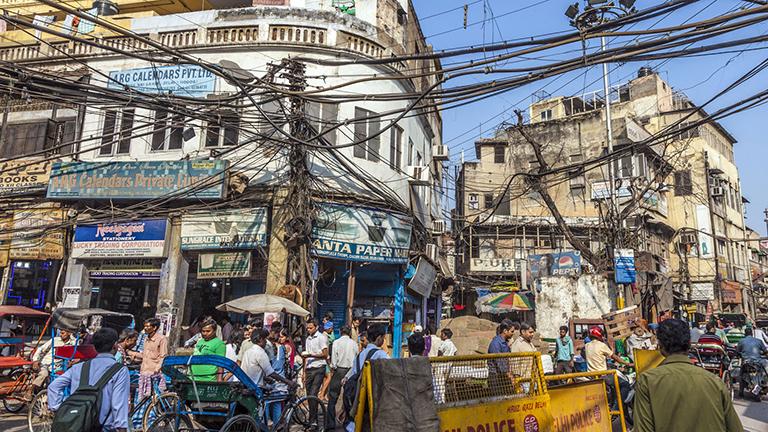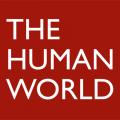
The J-PAL mission is to reduce poverty by ensuring that policy is informed by scientific evidence. The program achieves this through research, policy outreach, and training. Working with implementing partners, J-PAL’s affiliated professors conduct randomized impact evaluations to test and improve the effectiveness of social programs.
J-PAL's Environment & Energy sector measures the real-world impacts of energy and environmental policies, particularly on energy access, pollution reduction, and climate change mitigation and resilience.
In addition to supporting policymakers in applying evidence from randomized evaluations to their work, sector chairs and staff write policy insights that synthesize general lessons emerging from the research and condense results from evaluations in policy publications and evaluation summaries.
Visit the J-PAL Environment & Energy sector to access all evaluations and case studies.
About
The Abdul Latif Jameel Poverty Action Lab (J-PAL) is a global research center working to reduce poverty by ensuring that policy is informed by scientific evidence. Anchored by a network of 171 affiliated professors at universities around the world, J-PAL conducts randomized impact evaluations to answer critical questions in the fight against poverty.
The J-PAL Global office is based at the Department of Economics in the MIT School of Humanities, Arts, and Social Sciences (MIT SHASS). It serves as the head office for J-PAL's network of six independent regional offices, hosted at leading universities in Africa, Europe, Latin America & the Caribbean, North America, South Asia, and Southeast Asia.
Learn more:
The Abdul Latif Jameel Poverty Action Lab
Department of Economics
MIT School of Humanities, Arts, and Social Sciences





